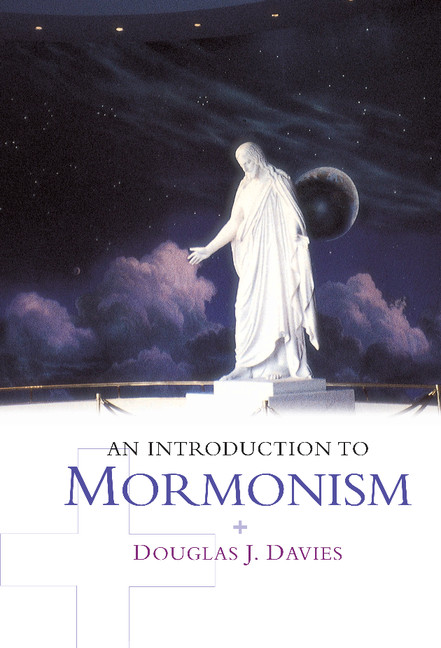

Arizona Independent Redistricting Commission). Three years ago, he hoped to strike down the voter-approved measures in Arizona and California that put nonpartisan commissions in charge of drawing election districts, but Kennedy refused to provide the fifth vote (Arizona State Legislature vs. He has argued that drawing election maps is a political task that the Constitution left to politicians, not judges. The chief justice also has strongly opposed efforts to limit partisan gerrymandering. Three years after opening the door for a surge in political spending with Citizens United, Roberts wrote a 5-4 ruling knocking out the key provision of the Voting Rights Act, freeing the Southern states from oversight. Roberts has long voiced a disdain for the Voting Rights Act of 1965, though it retained near unanimous support in the House and Senate. The flow of big money has transformed races for the House and Senate, and helped Republicans hold an advantage. And in the Citizens United case of 2010, Roberts assigned Kennedy an opinion that swept aside the post-World War II legal limits on independent campaign spending, including from corporations. When Kennedy has been fully on board with the conservatives, the chief justice has moved boldly to change the law.įor example, Kennedy had broadly supported the notion that in politics, money is speech. But for the most part, this has been more about tactics than principle. When presiding over a divided court, Roberts often has sought modest and narrow rulings. But in the years ahead, the chief justice likely will have with him four conservatives who can achieve their long-sought goal. As long as Kennedy stayed on the court, the fierce foes of abortion had no chance of succeeding. Conservatives, led by the late Justice Antonin Scalia and Justice Clarence Thomas, vowed that someday, that decision in Planned Parenthood vs. Souter - joined an opinion upholding the abortion right as a matter of precedent. He was part of the legal team that sought a step-by-step overruling of the abortion right.īut that movement ended in a surprise defeat in the spring of 1992 when three Reagan-Bush appointees - Kennedy and Justices Sandra Day O’Connor and David H. Roberts was a young lawyer in the Reagan White House and then served as deputy solicitor general under President George H.W. The conservative legal movement grew in the 1980s under the Reagan administration, and prime target, then as now, was the right to abortion set in Roe vs. And with a fifth conservative vote, the religious liberty claim is almost sure to prevail. That dispute is likely to return to the high court in the year ahead. Last week, the justices sent back to Washington state judges a similar case involving a florist (Arlene’s Flowers vs. His opinion ended up skirting the broader issue and instead voicing support for both gay rights and religious freedom. Kennedy was torn this year over the case of the Colorado baker who cited his Christian beliefs as grounds for refusing to make a wedding cake for a same-sex couple (Masterpiece Cakeshop vs.

On the other hand, religious liberty claims will get a new hearing. Last week, in a 5-4 decision, the court tossed out such a claim in a long-running Texas case. Roberts also would move to make it far harder, and perhaps impossible, for civil rights lawyers to challenge election districts on the grounds they undercut the voting power of Latinos and African Americans. Two years ago, Kennedy joined the liberals to uphold a limited affirmative action plan at the University of Texas, with the chief justice in dissent. He is likely now to have a majority to put his view into law. “The way to stop discrimination on the basis of race is to stop discriminating on the basis of race,” Roberts wrote shortly after joining the court. They include ending race-based affirmative action in schools, colleges and possibly in employment. Now Roberts has a clear path to pursue several long-standing goals of the conservative legal movement. He cleared the way for Trump and the Republican-controlled Senate to replace him with a young and more reliable conservative. Instead, he voted with the conservatives in every closely divided case, and then announced his retirement on the final day of the term. Kennedy, 81, did not hold down the middle position. This year, unlike in past terms, Justice Anthony M. However, that was the only term-end decision that both liberals and conservatives could cheer. The chief justice spoke for the court in a major ruling on cellphone privacy.

Roberts has a libertarian streak, and he is concerned about the government’s power to amass huge amounts of data on nearly everyone. One exception was in the area of privacy.


 0 kommentar(er)
0 kommentar(er)
